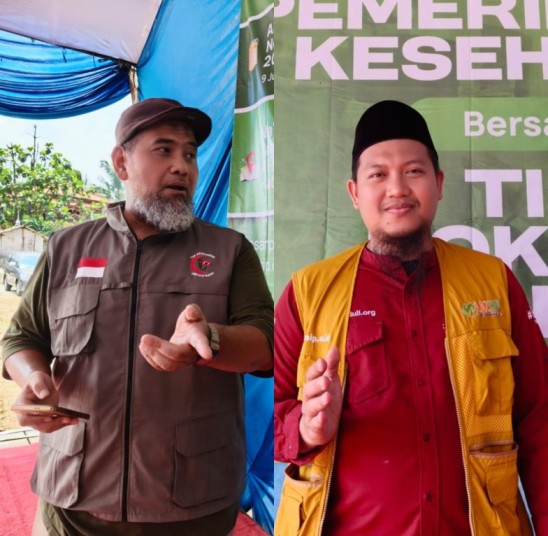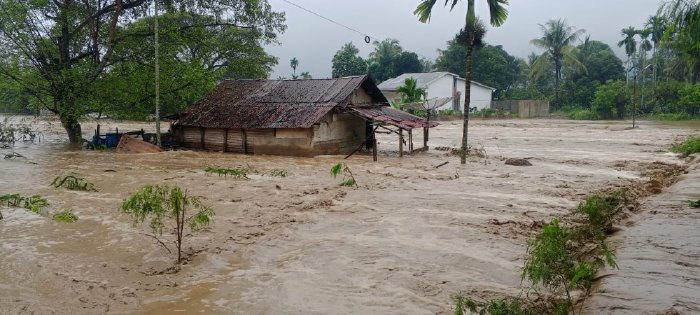COVID-19 – 100 patients in Saudi Arabia treated with blood plasma

Jakarta (Indonesia Window) – About 100 COVID-19 patients have been injected with blood plasma taken from those who have recovered, the Saudi Ministry of Health stated as quoted by the Saudi Gazette.
The treatment with blood plasma involved 512 COVID-19 recovered people who donated their blood plasma.
Plasma is a part of blood that contains many components, including antibacterial antibodies, to help the human body recover from infection. Thus, the plasma of patients who have recovered from the novel coronavirus disease (COVID-19) contains antibodies against the disease.
These antibodies will act as the first line of defense in the face of an infection in the absence of effective treatments and vaccines.
The treatment has been used in China and other countries during the past few months. However, its efficacy has not been tested by documented clinical studies.
The ministry said the study was approved in early involving the health ministry, National Guard hospitals, King Faisal Specialist Hospital, hospitals of the armed forces and universities, and John Hopkins Healthcare (Aramco), as well as the private sector.
According to the ministry, the research is divided into two main parts.
The first is about attracting donors who have already recovered from the COVID-19.
They can register directly on the study’s official website or communicate via Twitter, email or phone.
Over 14,000 people who live in and outside the kingdom interested in the study have contacted the official website.
Furthermore, a large number of people from Riyadh, the Eastern Province, Jeddah, and Madinah have donated their plasma.
According to the study protocols, a set of safety measures must be taken.
Moreover, the details of the diagnosis and medical history of donors are recorded, as well as their vital signs.
A preliminary test of antibodies is also performed on them.
Once these procedures are successfully applied, the process of donating the plasma takes place accordingly.
Those procedures mainly aim to ensure the safety of both the donor and the receiver of the blood plasma.
Afterwards, the plasma is processed to ensure it is free of microbes and then it becomes ready to use.
The second part of the research is about transferring plasma to patients who meet the conditions specified in the study.
They receive a clinical follow-up and have blood tests and medical imaging performed on them to assess the extent of their bodies’ utilization of the plasma.
The ministry stressed that the study’s results are only preliminary and have shown no signs of a risk. The treatment is a safe procedure that could be very useful for patients, especially in early stages of the infection.
However, the research requires some time in order to confirm the results of the study which will be assessed and published in the near future.
The ministry added that the study involves 19 hospitals from different health sectors in the kingdom.
Furthermore, many other hospitals have expressed a strong desire to participate in the study.
The amount of plasma donated depends on the weight and health of the donor.
Usually an amount of 400-700 ml is collected. This amount is treated with a special technique in blood banks to get rid of microbes.
The amount then gets equally divided into two plasma packs, and each pack is considered a single treatment dose.
The patient receives one dose per day on a daily basis, for a maximum of five days.
Reporting by Indonesia Window

.jpg)








